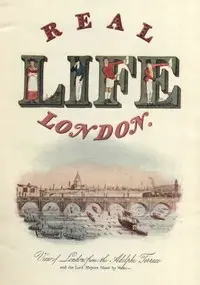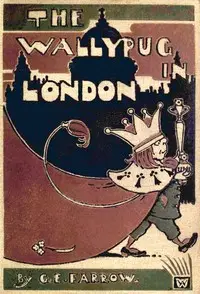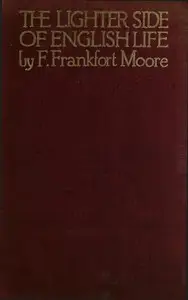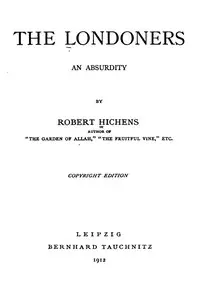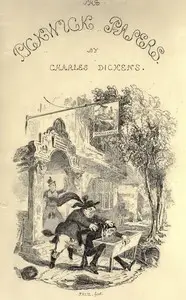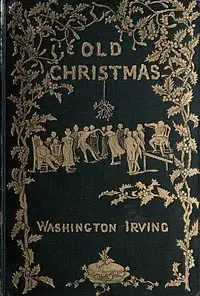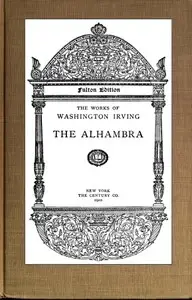"Little Britain" by Washington Irving is a funny look at a unique neighborhood in London back in the early 1800s. This story is a reflection on the strange habits, people, and how society was changing in Little Britain, which used to be a great place with a lot of history and interesting people. The book makes fun of people trying to be fancy and the social scene as the culture changes in England. Irving shows readers the weird things about the people who live there, their traditions, and the charming feeling of the neighborhood. The story is about someone who moves to Little Britain and watches the people living there, like Mr. Lamb, the butcher who is nice but not very polite, and the Lamb family, who want to be rich and important. When the Lambs try to climb up the social ladder, it causes problems with their neighbors, especially the Trotters, and the community starts to fall apart. While this is happening, the narrator thinks about how real qualities are disappearing and how people are becoming fake, and he misses the old days when things were simpler and people were more real. In the end, the story shows how much the narrator wants the old, simple, honest traditions of the past that are now being threatened by modern dreams and desires.

Little Britain
By Washington Irving
In a quirky London neighborhood, the pursuit of social status sparks a hilarious feud that threatens the heart of a once-charming community.
Summary
About the AuthorWashington Irving was an American short-story writer, essayist, biographer, historian, and diplomat of the early 19th century. He wrote the short stories "Rip Van Winkle" (1819) and "The Legend of Sleepy Hollow" (1820), both of which appear in his collection The Sketch Book of Geoffrey Crayon, Gent. His historical works include biographies of Oliver Goldsmith, Muhammad, and George Washington, as well as several histories of 15th-century Spain that deal with subjects such as the Alhambra, Christopher Columbus, and the Moors. Irving served as American ambassador to Spain in the 1840s.
Washington Irving was an American short-story writer, essayist, biographer, historian, and diplomat of the early 19th century. He wrote the short stories "Rip Van Winkle" (1819) and "The Legend of Sleepy Hollow" (1820), both of which appear in his collection The Sketch Book of Geoffrey Crayon, Gent. His historical works include biographies of Oliver Goldsmith, Muhammad, and George Washington, as well as several histories of 15th-century Spain that deal with subjects such as the Alhambra, Christopher Columbus, and the Moors. Irving served as American ambassador to Spain in the 1840s.

